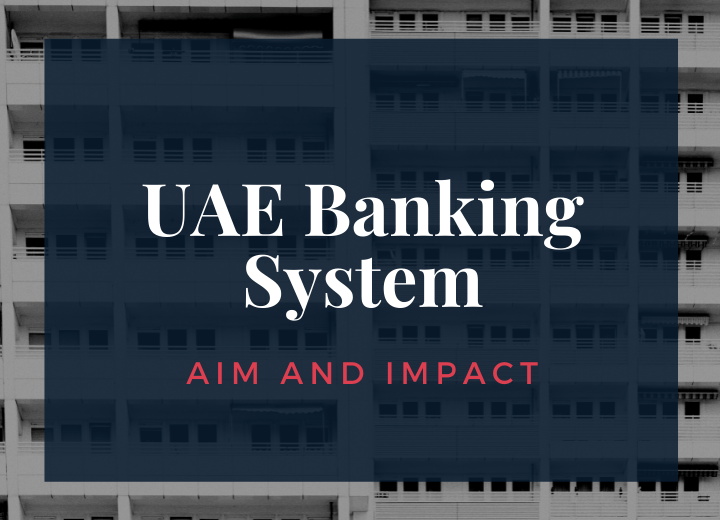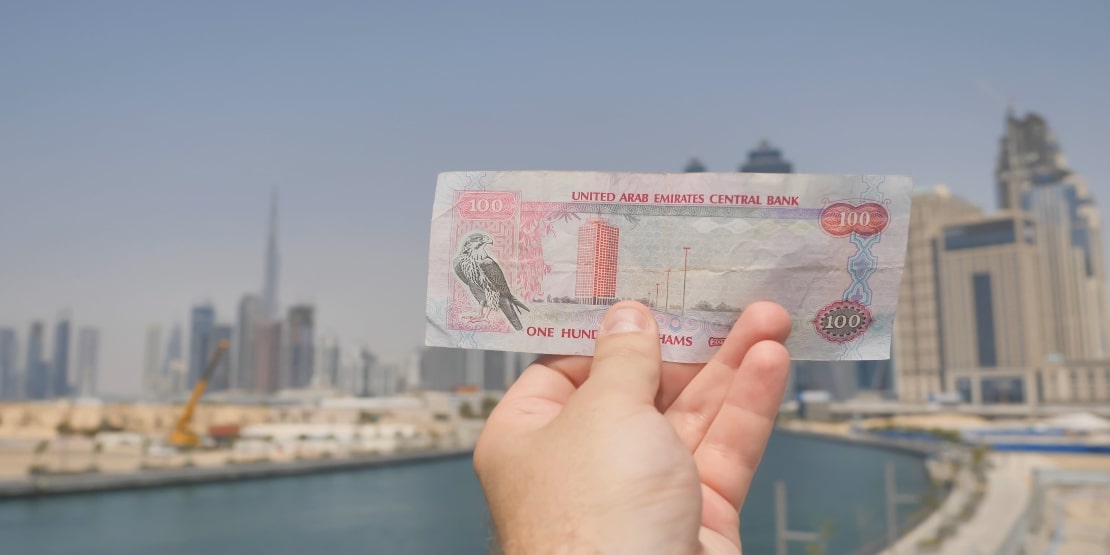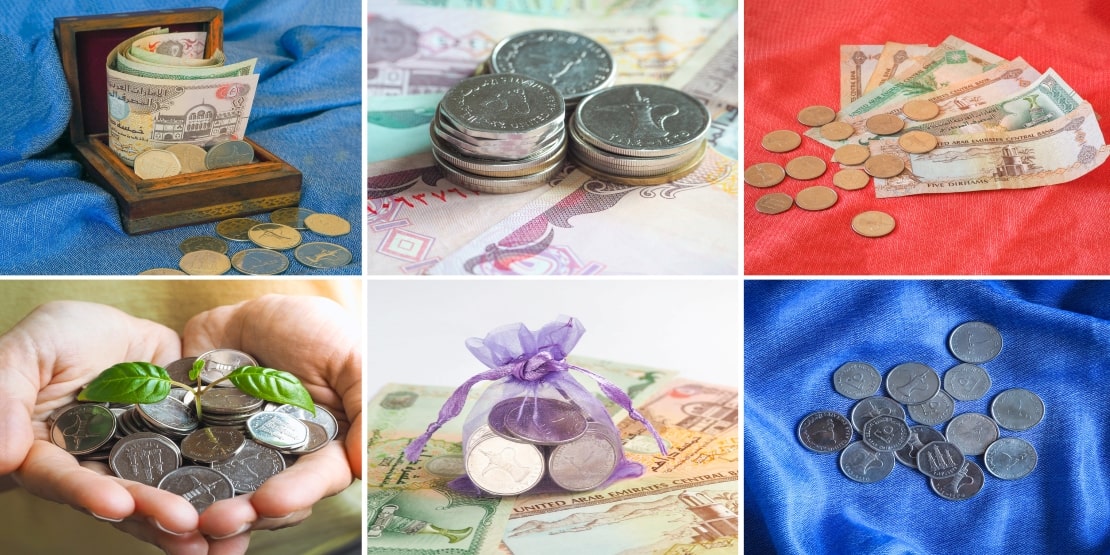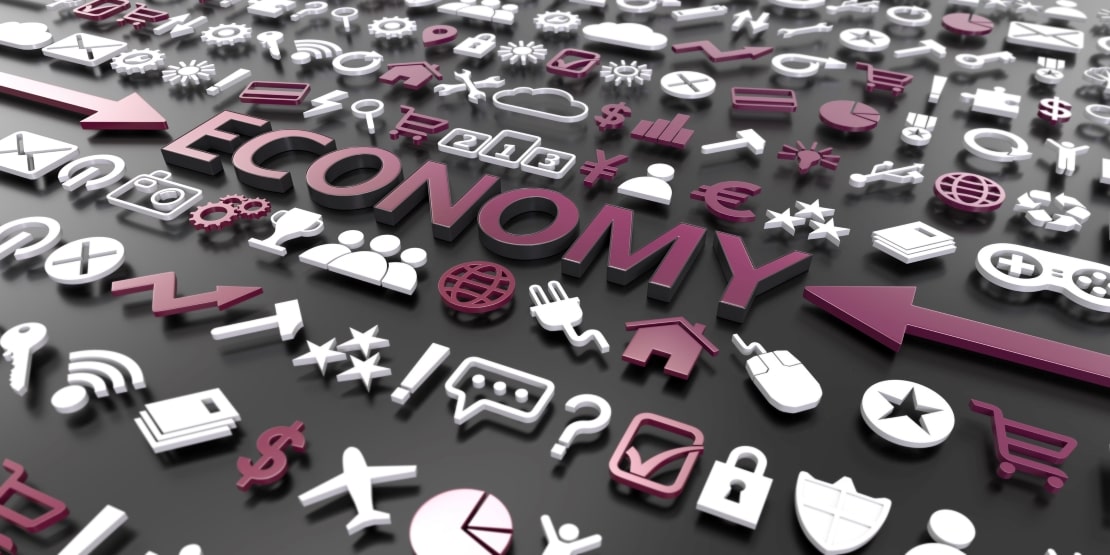UAE’s banking sector has been on the coastline, making positive benchmarks on the economy, whilst addressing the challenges that have come along the way. On one hand, where the economy was dealing with the makeshifts as a result of the pandemic. On the other hand the banks stood on the frontline, administering financial support, being catalysed by the Central and the Government Bank of UAE. The UAE banking system caters to various sectors like aviation, tourism, hospitality, natural resources and supply chains did not take up the anticipated pace. This draws another line of unpredictability in the outlook for the Gulf Cooperation Council (GCC) countries.
During the seismic changes, the Government of UAE kept working to expand the bandwidth of their development. With the recent recognition of novel methodologies and functional equipment, building a sustainable environment is itself an achievement. Regardless of the functional uncertainty, the UAE Banking system would stand affirm on the grounds of the market that seems to be improving. We are also hopeful about the execution of the economic rebound, like the UAE rolling out its vaccination program.
Understanding the UAE Banking System
Innovating and serving different categories of customers at the front row of disruption and change that is being supported by a delicate balance act of the non-core and core functions, puts cloud for operational resilience under leverage. The dynamic equation of building a community from different people and culture, makes the employee journey crucial. While making these developments, regulating and governing is extremely important. This ensures the credence in the UAE banking sector.
Local Banks in UAE
The UAE Central Bank acts as the primary financial regulatory body in the country. There are a total of 22 local and 30 foreign banks in the UAE. The five biggest banks account for about 60% of the total assets of the sectors.
The area of Islamic banking is inclusive of eight Islamic banks, 23 Islamic windows which are set up by the conventional banks in the UAE, which collectively are responsible for 19% of the total banking sector assets.
Types of Banks in the UAE Banking System:
- Merchant Banks
- Islamic Banks
- Industrial Banks
- Commercial Banks
As Moody’s quoted, the UAE banking system is expected to be stable in the region of Abu Dhabi due to its strength and the expectation to stay resilient. This in turn downsides risks to the oil market that is addressed by the global pandemic developments and management. The massive infrastructure that Abu Dhabi bears, it is obvious that its financial buffers and government’s track record is worse than it was anticipated.
Top Banks in the UAE banking system:
- FAB (First Abu Dhabi Bank)
- Emirates NBD
- Abu Dhabi Commercial Bank
- First Gulf Bank
- Dubai Islamic Bank
- Mashreq Bank
- Abu Dhabi Islamic Bank
- Commercial Bank of Dubai
- RAKBAN
The Effect of the UAE Banking System on the Economic Sectors
The United Arab Emirates takes over the podium in various ways when it comes to their socio-economic significance. Dubai is one of the important financial centres, due to its strong imprint on the financial and services industries. On the other hand, Abu Dhabi has been a massive contributor to the oil production, giving in almost 90% of the total oil production, holding over 90% gas reserves. These two emirates form the backbone of the economy of UAE and the other five emirates display ambition to come up as a sector leader in the industries of finance and services in the zone of middle east. Providing substantial amounts of petroleum and natural gas to the country, UAE has not only reserved 10 percent of the world’s reserves (98 billion barrels), but is also responsible for the substantial loads of natural gas and petroleum throughout the world.
The UAE Banking System was altered for the purpose of betterment in the year 2020. This alteration was mainly done to support and enhance the agricultural sector in the initial quarter of 2020. According to the Central Bank of the UAE, CBUAE, this was aimed to be established by funding into the cause of dedicating AED500 million to the agricultural projects from the month of January to March, 2020.
This support is an issue in the interests of the country making an effort to achieve food security. The strategy of food security is a top priority issued by the local and the federal governments.
The Relationship of the UAE Banking System and the Agricultural System
The main objective of the strategy is to understand and include businesses in the agricultural sector and financing the food activities and the agricultural sector. In 2018, the United Arab Emirates launched the National Food Security Strategy, aiming to create an environment where sustainable food production is brought to light. The aim is to create a collaborative system based on determining the constituents of the national food basket, on the basis of various standards including assessment of local consumption of the key products. This ultimately leads to the increase of the manufacturing capacities of essential food products.
Although the value of the financial support that is handed over to the agricultural sector is anticipated to rise this year. This is due to the optimistic focus of the relevant authorities on the country’s food security.
The financial backbone that the bank provides to the agricultural sector has been the most definitive in these years. It would surely lead to an increase in the cumulative balance of financial support to AED1.55 billion. When we compare this to the balance in 2019, (AED1.05 billion) the increase in the value can be addressed here clearly.
Food security was one of the prominent topics to be discussed during the remote meeting held by the UAE Government, titled as “The Preparations for the Post-COVID-19 Period”. This concluded the rise in the upcoming partnerships along with the modern agricultural technologies that other countries will bring through. These modern enhancements in the agricultural sector would lead to an increase in the country’s food storage capacity to limit the dependency of the imported goods, and the plans drafted to reinforce the virtual food market in the long run.
Conclusion
The anticipated foundation of UAE’s food security brings in a secure business globe that attracts foreign investors, via launching a deal of investment incentives that covers food and agricultural projects.
The economy of any region depends on various factors and there are many sectors that are being affected by the same. There are various banks that come up with schemes and solutions to counteract these systems and all challenges. Above-listed are the features of the UAE banking system and how they provide strength to support various sectors.
More Useful Articles for you :
|
All About UAE Excise Tax Return |
|
|
Guide to Opening a Bank Account in Dubai |
|
|
Legal Consequences of Bank Defaulters in UAE |
|
|
Some Major Banks in Dubai |
|
|
How To Qualify for a Mortgage in the UAE? |
|
|
Insights and Regulations of Mortgage Rates in UAE |
|
|
Procedure For Applying for A Mortgage in Dubai |
|
|
Guide To Mortgage in Dubai for Expats |
FAQs
HSBC’s are not the best. Along with lesser established ATM machines, customer service, and support systems, HSBCs are not the best option to proceed with.
Emirates NBD is the best bank to make international transactions in the UAE.
Usually, any bank transfer takes almost 1-2 working days in the UAE.
Yes. There are absolutely no restrictions on opening multiple corporate or personal bank accounts in the UAE. Is HSBC good in UAE?
Which bank is the best for making international transactions in the UAE?
How much time does it take to make a bank transfer in the UAE?
Can I have two bank accounts in the UAE?







